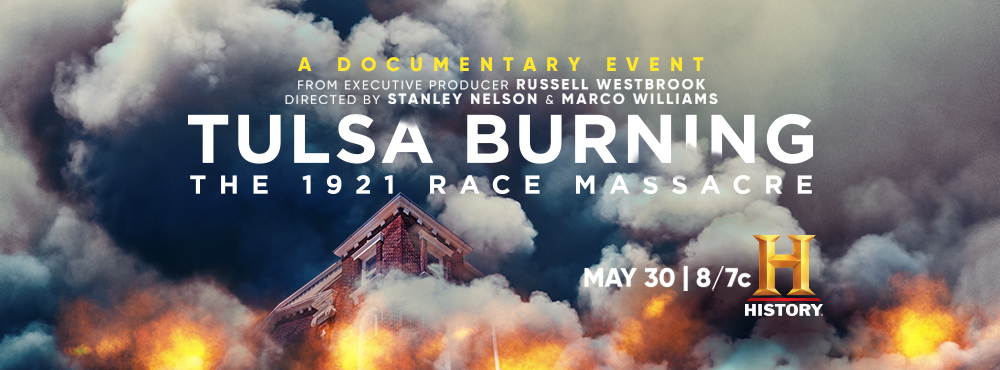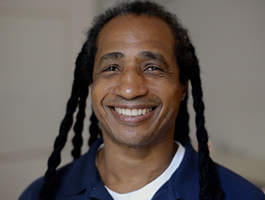
In the spring of 1921, a vibrant Black community in Tulsa, Oklahoma, was destroyed at the hands of violent white rioters. Homes and businesses were looted and burned, innocent people were executed, and a prosperous area of a booming city was effectively wrenched from the Black residents who had built it.

The massacre was covered up and rarely mentioned in the century that followed. But a somber centennial has forced a reckoning as well as needed conversation about how to begin repairing the tragic damage.
Radio/television/film professor Marco Williams codirected and cowrote the documentary Tulsa Burning: The 1921 Race Massacre, which aired on the History Channel on May 30. In July his work on the film brought him an Emmy Award nomination. Produced entirely during the pandemic, the project was intended to interweave the story of the massacre with the present-day search for its victims’ mass graves. COVID-19 restrictions made the latter element impossible and led the filmmakers to explore a more pressing issue: redress through reparations.
“The reality here is that the victims are the African American community,” Williams says. “So who needs to be contrite? You can say the white community or the city’s leaders or the state’s leaders, but I would actually say the African American community of Tulsa is not looking for healing. They are looking for acknowledgment and some form of repair.”
Reparations are a political no-win for lawmakers in conservative Oklahoma, and though the city council has apologized, they’ve done little else. The erasure of not only the massacre but also the prosperous community that it decimated highlights just how important compensation could be to Tulsa’s Black residents.
“I think what goes beyond an apology is investment in North Tulsa,” Williams says. “If there’s to be healing, it’s multifaceted. What happens to the land ownership? What happens to what was Black Wall Street? There are businesses there, a minor league baseball team, a lot of commerce, but none of it is Black owned.”
Watch the trailer. The 73rd Primetime Emmy Awards will air September 19 on CBS.
Credit: Tulsa Historical Society
